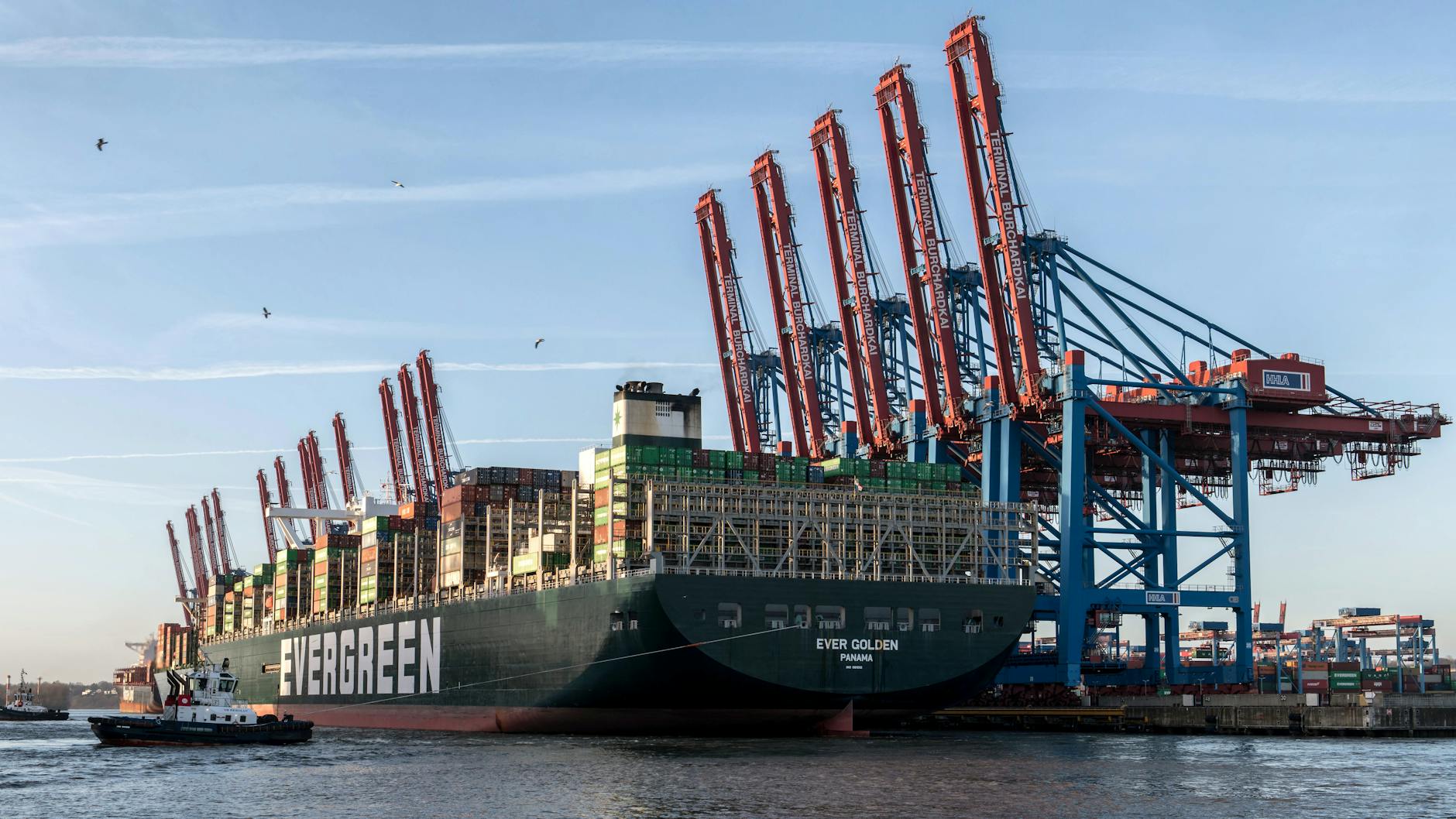Gen Z’s Guide to Gen Logistics in Rwanda

In the heart of Africa, Rwanda is forging a path towards economic development, with logistics playing a crucial role. Generation Z, defined as those born from the late 1990s to the early 2010s, is at the forefront, integrating modern supply chain practices and technological advancements to shape the country's logistics landscape. This article provides an insightful guide into how these young, tech-savvy individuals are transforming logistics in Rwanda.
Embracing Technology in Logistics
Digital Platforms and E-Commerce
Gen Z has grown up in a world dominated by technology. In Rwanda, they are utilizing digital platforms to facilitate e-commerce transactions with greater efficiency. With the advent of mobile money and online payment gateways, the e-commerce logistics realm has grown, allowing for swift, seamless transactions that save time and reduce the complexity of traditional trade methods.
Tracking and Transparency
Real-time tracking of goods has become an expectation rather than a luxury, thanks to technology. Rwandan Gen Z logisticians are leveraging tracking systems to provide visibility throughout the transportation process. Transparency in the supply chain is not just about customer satisfaction; it's also about trust, which is critical in a vibrant and emerging market like Rwanda.
Innovative Supply Chain Practices
Lean and Agile Approaches
Lean and agile methodologies are key pillars of modern supply chain practices adopted by Gen Z in Rwanda. By reducing waste and increasing responsiveness to market changes, these methods significantly enhance efficiency. This generation's mindset towards constant improvement and flexibility is pushing Rwandan logistics to new heights.
Sustainable and Green Logistics
Environmental concerns are deeply ingrained in the values of Gen Z. They prioritize sustainability in logistics by optimizing routes to reduce carbon footprints, utilizing eco-friendly packaging, and promoting the use of electric bikes and vehicles for last-mile delivery. These green initiatives not only contribute to a healthier planet but also resonate well with global partners who are eager to support ethical and sustainable operations.
Collaboration and Networking
The Power of Partnerships
Understanding that logistics is not an isolated sector, Gen Z in Rwanda is seeking strategic partnerships that foster shared development goals. Cross-industry collaborations with technology providers, government agencies, and educational institutions are propelling the logistics sector forward, building a cohesive network that supports growth and innovation.
Developing a Skilled Workforce
The logistics sector's evolution is inextricably linked to the development of human capital. Gen Z is advocating for specialized training programs and educational curricula that focus on logistics and supply chain management. By ensuring that the workforce is equipped with the necessary skills, Rwanda is poised to become a logistics hub in the region.
Challenges and Opportunities
Overcoming Infrastructure Hurdles
While technology and innovative practices are on the rise, infrastructure remains a challenge in Rwanda. However, Gen Z's resourcefulness turns these hurdles into opportunities. With a focus on developing rural-urban connectivity and investing in logistics parks, this generation aims to strengthen the foundational elements of the country's logistics network.
The Role of the Government
The Rwandan government's role in creating a conducive environment for logistics cannot be overstated. Policies that support the logistics sector, such as tax incentives for technology imports and investment in transportation infrastructure, are critical. Gen Z is actively involved in dialogue and advocacy to ensure that the government's actions align with the logistics industry's trajectory.
Conclusion
Rwanda's logistics landscape is transforming, driven by the innovative and tech-savvy Generation Z. This guide has shed light on how they navigate through modern supply chain practices and technological integration, contributing to the country's economic development. With continued investment in technology, sustainability, and education, Rwanda's logistics sector stands on the brink of redefining itself, with Generation Z at the helm.